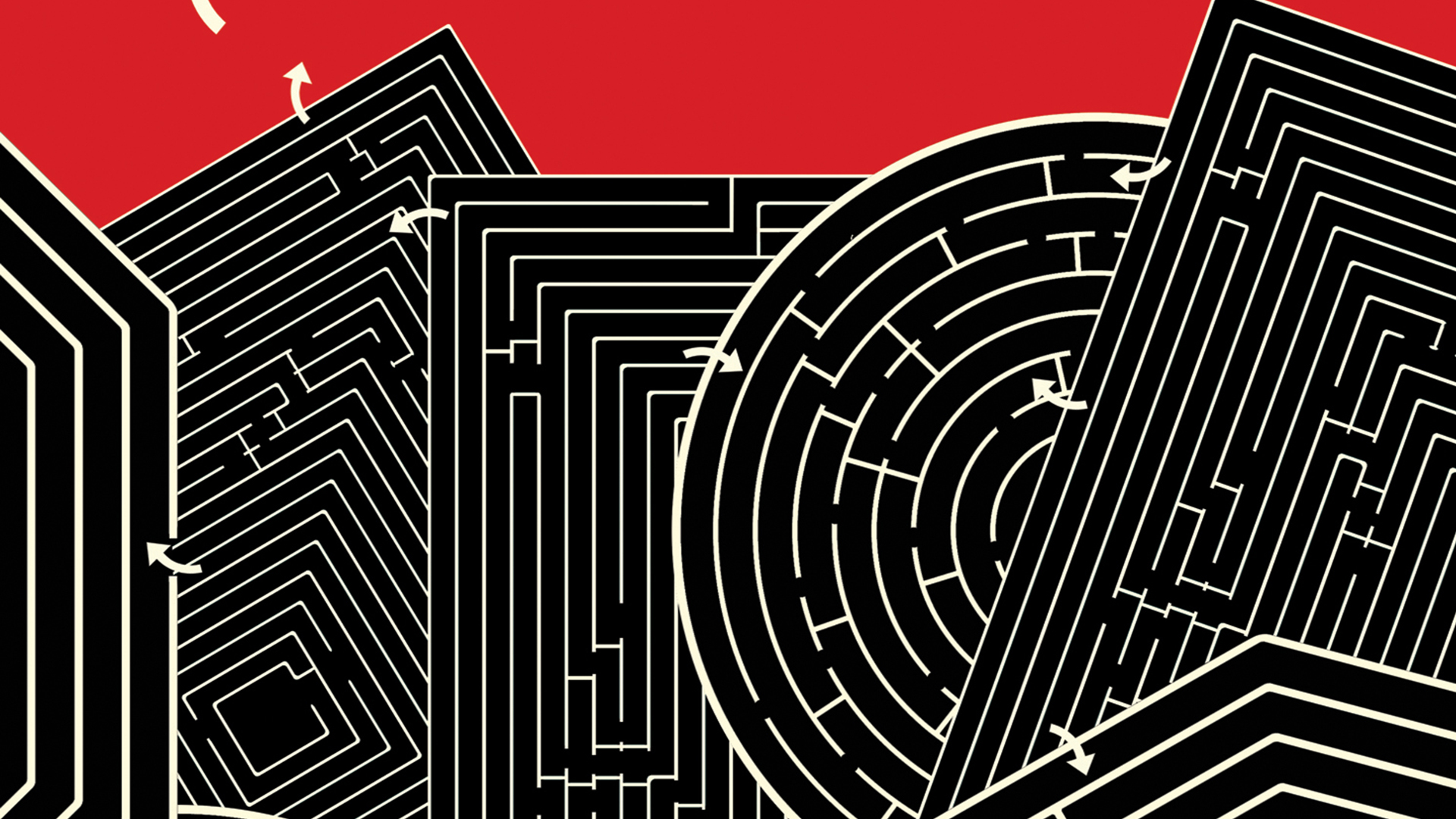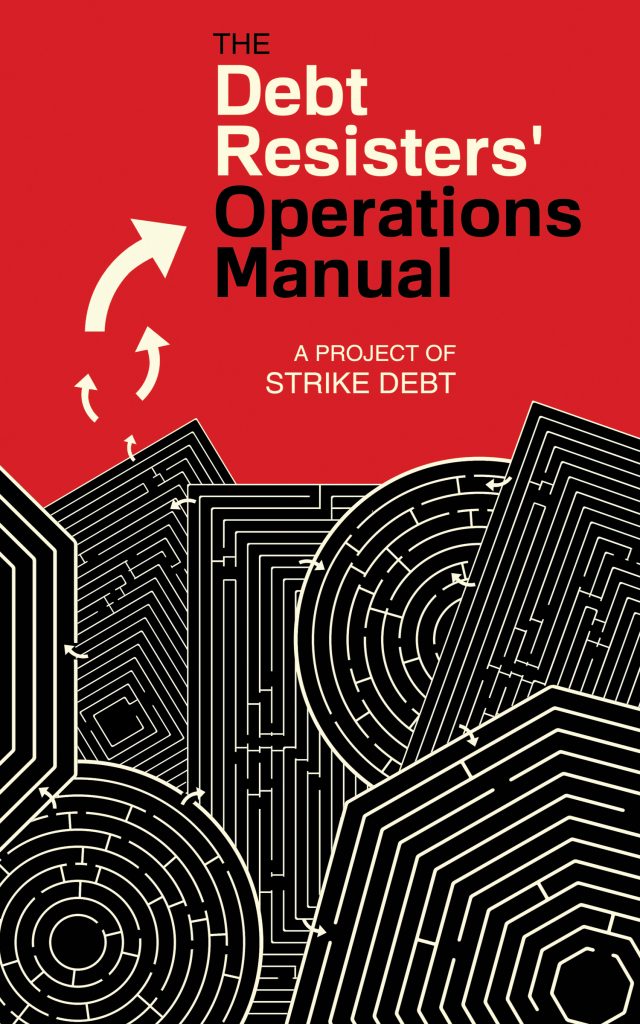By Yves Smith
Naked Capitalism
September 14th, 2012
The anniversary of Occupy Wall Street is September 17. While there will be public events in New York, it’s likely that number of people that will be involved will not be large enough to impress the punditocracy (multi-citi militarized crackdowns have a way of discouraging participation), leading them to declare OWS a flash in the pan.
That conclusion may be premature.
The release of the The Debt Resistors’ Manual suggests something very different: that the movement is still alive, if much less visible, and is developing new avenues for having impact. This guide is designed not only to give individuals advice for how to be more effective in dealing with lenders but also sets forth some larger-scale ideas. This is a project of a new OWS group, Strike Debt. Fighting for debt renegotiation and restructuring, something that the bank-boosting legacy parties have refused to do, is becoming a new focus for OWS efforts.
Quite a few well qualified people who in Occupy fashion are going unnamed, participated in developing this manual. Having read most of the chapters in full and skimmed the rest, I find that this guide achieves the difficult feat of giving people in various types of debt an overview of their situation, including political issues, and practical suggestions in clear, layperson-friendly language. For instance, the chapter on credit ratings gives step-by-step directions as to how to find and challenge errors in your credit records, and what sort of timetable and process is realistic for getting results. The chapter on dealing with debt collectors is similarly specific and detailed. The discussion of the bankruptcy process includes this section:
One detailed law study found that bankruptcy laws, specifically Chapter 13, implicitly favor a certain profile, an “ideal debtor,” who is usually white and married. Most bankruptcy laws tend to favor wealth over income, ownership over renting, formal dependents over informal dependents and heterosexual married couples, all of which have significantly higher rates in white communities. Before 2005, African Americans filed for Chapter 13 nearly 50% of the time, compared to less than 25% by whites. Why, you may ask? Here’s one explanation: a study found that when all other factors are equalized (identical financial cases), lawyers are twice as likely to steer Black clients toward Chapter 13 than they are white clients. The study could find no other cause besides racism in all forms: conscious, unconscious, structural and institutional.
The manual also includes two chapters on “fringe finance”, meaning financial services for the barely banked or underbanked, including check cashing outlets, prepaid cards, payday lenders, and pawn shops. It stresses that these are tantamount to a poverty tax, since low income people pay more for these services.
Each chapter has a list of resources at the end, including websites, articles and books, as well as footnotes. Some end with ideas for collective action, others with survival strategies. And it presents a manifesto:
We gave the banks the power to create money because they promised to use it to help us live healthier and more prosperous lives—not to turn us into frightened peons. They broke that promise. We are under no moral obligation to keep our promises to liars and thieves. In fact, we are morally obligated to find a way to stop this system rather than continuing to perpetuate it.
This collective act of resistance may be the only way of salvaging democracy because the campaign to plunge the world into debt is a calculated attack on the very possibility of democracy. It is an assault on our homes, our families, our communities and on the planet’s fragile ecosystems—all of which are being destroyed by endless production to pay back creditors who have done nothing to earn the wealth they demand we make for them.
To the financial establishment of the world, we have only one thing to say: We owe you nothing. To our friends, our families, our communities, to humanity and to the natural world that makes our lives possible, we owe you everything. Every dollar we take from a fraudulent subprime mortgage speculator, every dollar we withhold from the collection agency is a tiny piece of our own lives and freedom that we can give back to our communities, to those we love and we respect. These are acts of debt resistance, which come in many other forms as well: fighting for free education and healthcare, defending a foreclosed home, demanding higher wages and providing mutual aid.
You can download the manual here or from the link below. Strike Debt will also be handing out hard copies of the manual in Washington Square Park on Saturday from 10:30 AM till 7:30 PM and at Judson Church from 7:30 PM till 9:30 PM.







